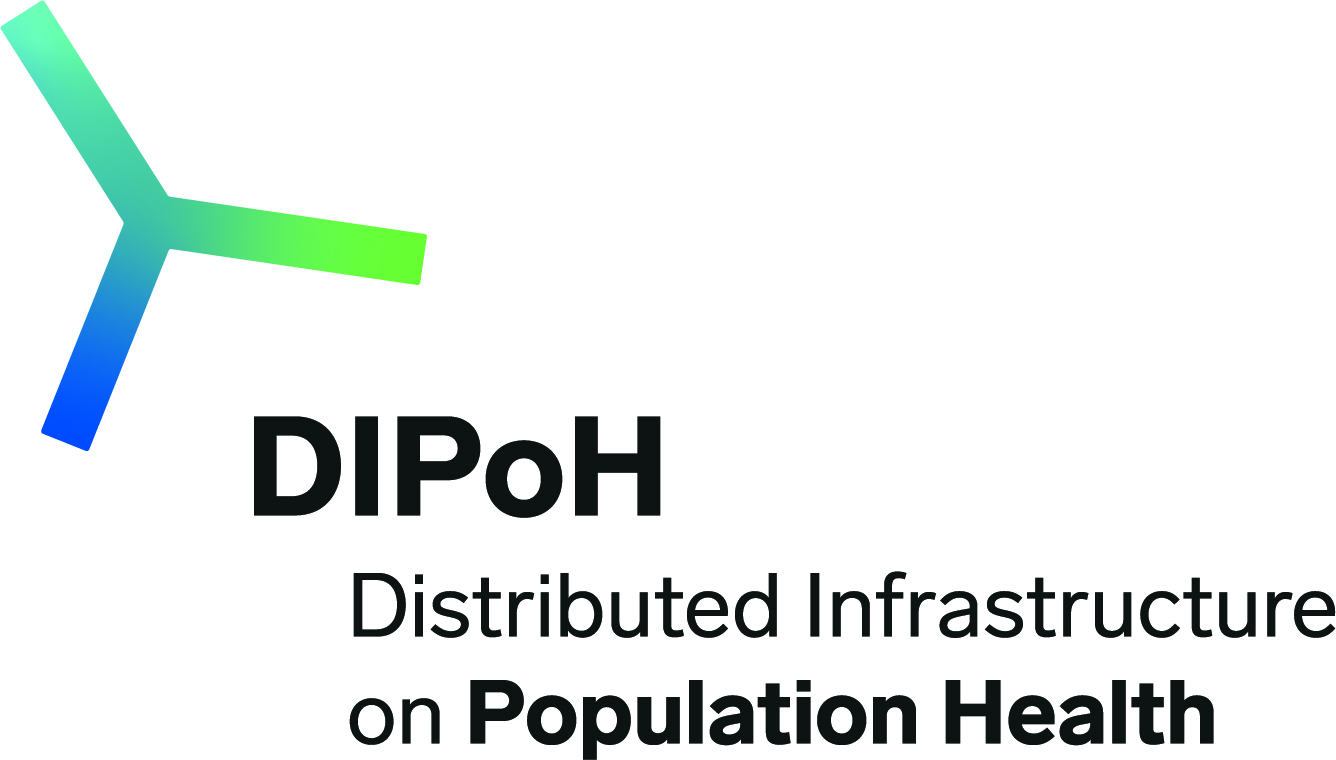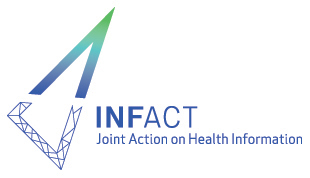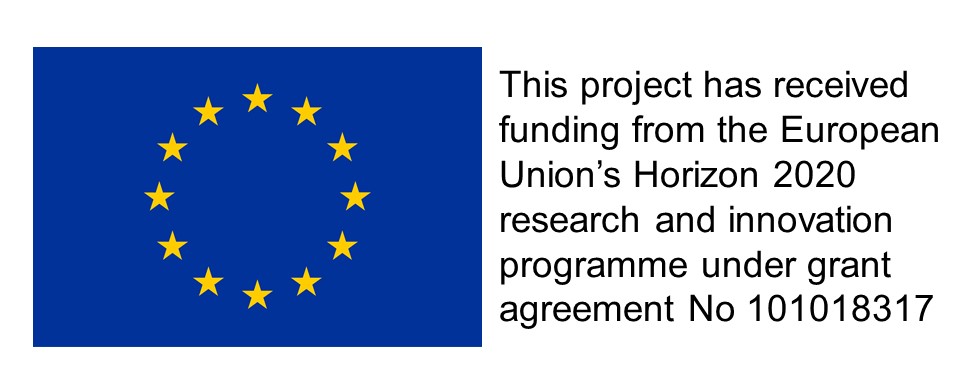Description
In several countries, vaccine passports are being encouraged to hasten the return to some form of normalcy amidst the COVID-19 pandemic. Vaccine passport is a digital or paper document that may serve as proof of the COVID-19 vaccine, thereby allowing entry to public venues, sporting events, air travel, and unrestricted access to other facilities. This study explores how the COVID-19 passport is being discussed and perceived on Twitter and the prominent entities involved in the early discourse on the issue. Twitter messages were theoretically analyzed for Health Belief Model (HBM) and Theory of Planned Behavior (TPB) variables, as well as message source, engagement, and attitudes towards vaccination certificates. Using quantitative content analysis, tweets were coded on nine dimensions: account type, tweeter profile, tweet content, tweet modality, attitude, self-efficacy, perceived barriers, benefits, and action cues. Most of the tweets originated from personal accounts, followed by media organizations, media-related personalities, politicians, and the travel industry. A significant number of tweets were from male Twitter users. Our analysis revealed that most tweeters had a favorable attitude towards the COVID-19 passports. Unfavorable attitudes toward the COVID-19 passport were based on reasons such as a lack of common standard or consensus, and personal freedoms & human rights. Tweets highlighting the benefits of COVID-19 passports cited travel as the primary reason. Based on a combination of technical, legal, and ethical practices, our study offers a set of vital recommendations for governments, health organizations, and businesses that may help stimulate the acceptance of vaccine passports.
Publication
Contact info
Ohio University, School of Media Arts & Studies, 327 Schoonover Center, Athens, OH, 45701, USA





